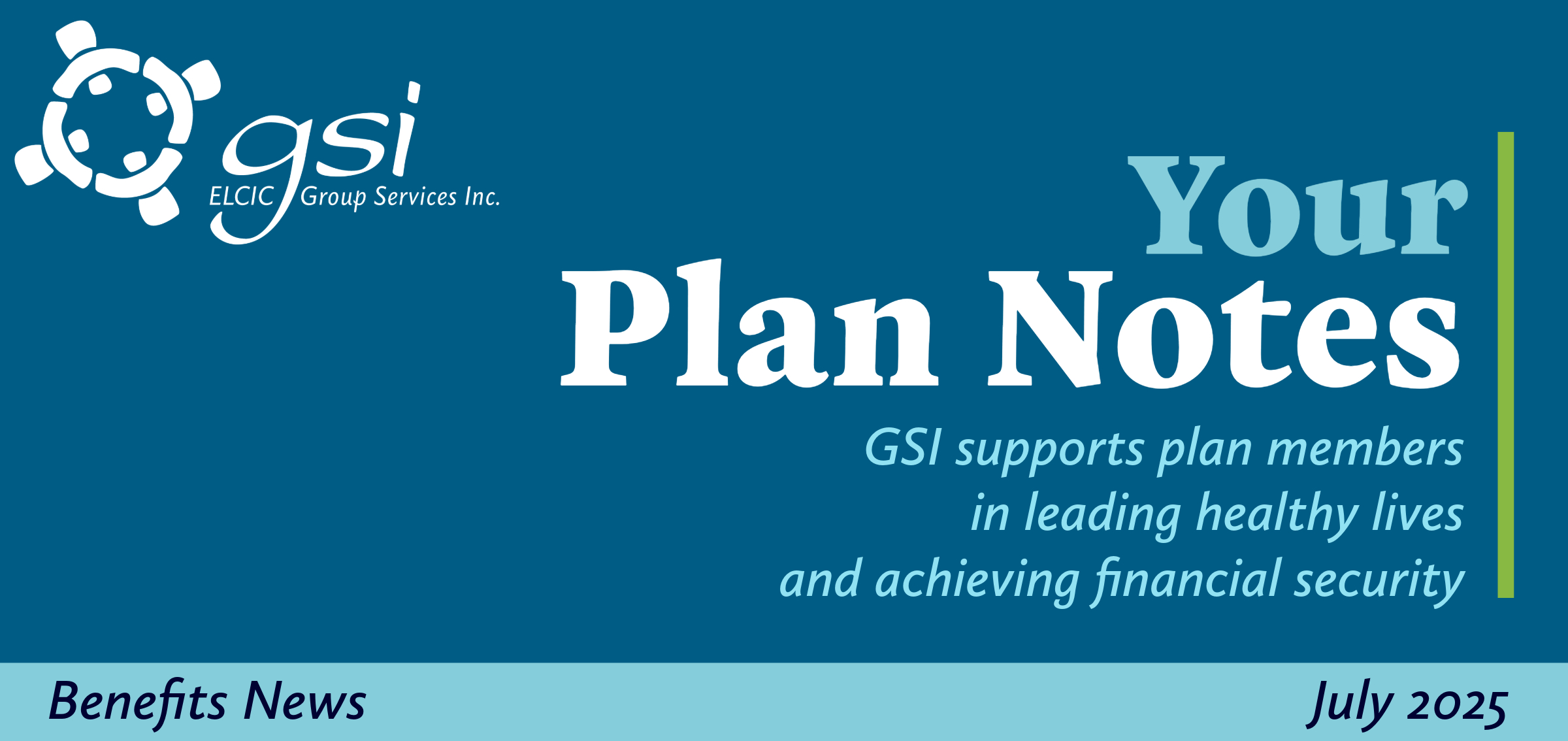
#1. Sick Leave and Short-Term Disability
Under the Sick Leave Policy approved by National Church Council, full-time employees are entitled to 18 sick days each year. (This is pro-rated for employees who join partway through the year.) Part-time employees earn sick days on a pro-rated basis related to their regular hours.
 Employees who have used fewer than ten sick days in the previous fiscal year are entitled to two personal days in the current fiscal year; these count as sick days in the current fiscal year.
Employees who have used fewer than ten sick days in the previous fiscal year are entitled to two personal days in the current fiscal year; these count as sick days in the current fiscal year.
Sick days are paid to a maximum of two weeks (10 working days), which includes working Sundays, per event. If the employee is off beyond 10 working days, a claim must be made to the Short-Term Disability (STD) plan.
As soon as you know you may be off beyond the 10 working days, even if that’s before the 10 days, please advise GSI and we will proceed with applying for STD. For example, for planned surgery, you may know that you will need to be off work for at least two months; in that case, you can let GSI know in advance so the paperwork is all ready to go when you hit the 10-working-day limit.
Unused sick day days may be carried over for a maximum of 28 days. Sick days are not paid out at year end or termination.
The Sick Leave Policy for Rostered Plan Members can be found on the ELCIC Compensation Guidelines page of the GSI website. Non-Rostered Plan Members can find their Compensation Guidelines (used at the discretion of their employer) here.
#2. Tracking CEP Hours
 The ELCIC Continuing Education Plan offers members reimbursement for qualifying education disbursements. The ELCIC’s Continuing Education Plan Policy states that Continuing Education Plan Members are expected to engage in at least 90 hours of continuing education over each three-year period.
The ELCIC Continuing Education Plan offers members reimbursement for qualifying education disbursements. The ELCIC’s Continuing Education Plan Policy states that Continuing Education Plan Members are expected to engage in at least 90 hours of continuing education over each three-year period.
You may submit CEP for hours only, even if there is no cost associated with what you have done. It is simple to do so: complete the CEP Expense Reimbursement form found on GSI’s website, adding all information but leaving the expenses part blank.
You and your employer both have to sign the form.
This is a good way to keep track of continuing education for both you and your employer!

Live Chat Unavailable

No Bake Fruit Smoothie Cheesecake
Crust
1 ½ cups graham cracker crumbs
¼ cup butter, melted
2 tbsp granulated sugar
- Line a 13″x9″ baking dish with parchment paper with ends extending over the sides of the pan.
- Mix crumbs and sugar into the butter in a bowl. Press firmly into the bottom of the pan. Refrigerate while preparing filling.
Filling
4 (8 ounce) packages cream cheese, softened
1⁄2 cup granulated sugar
2 cups frozen mixed berries, thawed, drained
1 (8 ounce) container Cool Whip Lite, thawed or other whipped cream
Mixed fresh berries (optional)
- Beat the cream cheese and sugar together until well blended in a large bowl with the electric mixer on medium speed.
- In another bowl, smash drained berries with fork. Stir berries into cheese mixture.
- Gently stir in 2 cups whipped topping. Spoon over crust. Cover & refrigerate 4 hours or until firm.
- If desired, press mixed fresh berries individually into top of cheesecake.
- Use parchment handles to remove cheesecake from pan before cutting into pieces to serve.

Keeping Your Cool in Perimenopause and Menopause
“Is it awfully warm in here, or is it just me?”
If you haven’t said these words yourself, you’ve probably worked with or lived with someone who has — or who was thinking it. Among the many changes that can occur as women age and experience declining hormone levels, vasomotor symptoms (i.e., hot flashes and night sweats) are one of the most visible. Though the average age of menopause is 52, the changes can begin a decade or more before that happens. And it can also happen to women much younger (and somewhat older) than the average. The symptoms can vary wildly, too. Some lucky people experience minimal discomfort, and others have a terrible experience.
The good news is that in 2025, there are some good ways of lessening the effects of reduced hormones. Your benefits plan may be able to help! Here are a few strategies to consider:
 Everything you were supposed to be doing all along to maintain good health matters even more now. Eating a balanced and nutritious diet, getting sufficient quality sleep, exercise (especially weight-bearing exercise), avoiding alcohol and smoking as much as possible, and reducing negative stress — the more you can consistently maintain healthy routines, the better your chances of thriving through and after perimenopause and menopause.
Everything you were supposed to be doing all along to maintain good health matters even more now. Eating a balanced and nutritious diet, getting sufficient quality sleep, exercise (especially weight-bearing exercise), avoiding alcohol and smoking as much as possible, and reducing negative stress — the more you can consistently maintain healthy routines, the better your chances of thriving through and after perimenopause and menopause.- Don’t suffer in silence! Gone are the days when women were expected to be ashamed of aging naturally. It’s okay to let your partner and coworkers know that you’re going through some uncomfortable changes. Further, connecting with others who are at the same stage of life can sometimes produce useful insights about things that have been helpful for them and may be for you too.
- All modules of the ELCIC Group Benefits Plan provide some annual coverage for professional services such as naturopathy, acupuncture and massage. These professionals offer non-pharmaceutical interventions that can help alleviate peri/menopausal discomfort and help you to feel better.
- Menopause Hormone Therapy (MHT, also known as Hormone Replacement Therapy) is another option for some people. Current research has overturned some previous thinking about the risk to benefit ratio of this treatment. If you’re experiencing symptoms that are making it difficult for you to do your job and carry out other life tasks, it may be worth having a conversation with your physician or gynocologist about whether MHT is right for you.
Be aware that some treatments (even prescriptions!) may not be covered by your provincial health plan or by the ELCIC Group Benefits Plan. You can check Manulife’s website (or mobile app) under My Drug Plan to see if a drug is covered. In some cases, it may be worth checking with Manulife directly or seeking pre-approval before beginning an expensive treatment.
Even if you lead a healthy lifestyle and have a supportive doctor who is knowledgeable about peri/menopause and who is willing to work with you to find relief, you’re probably not going to feel the way you did in your twenties. But if you’re suffering, it’s worth seeing what can be done to start feeling more like yourself again. Check out this month’s Kii webinar (below) for more information on this topic.
Note that this information is not intended to be expert medical advice. Please consult your primary care physician or other healthcare provider for advice pertaining specifically to you.

Webinar: Perimenopause/Menopause
 Description: Menopause is a natural part of aging and while it affects different women differently, it tends to impact physical and mental health in ways that can be challenging to manage. Join CloudMD this month to learn and build awareness about menopause, including what you can expect; tools and strategies to manage; and how to support someone in your life who’s approaching or going through menopause. Participants will be equipped with the knowledge and skills to navigate this life transition.
Description: Menopause is a natural part of aging and while it affects different women differently, it tends to impact physical and mental health in ways that can be challenging to manage. Join CloudMD this month to learn and build awareness about menopause, including what you can expect; tools and strategies to manage; and how to support someone in your life who’s approaching or going through menopause. Participants will be equipped with the knowledge and skills to navigate this life transition.
Expert: Oumeet Ravi, BSc, BScN, MScN
Ask an Expert Question / Concern: “I’m recently menopausal and finding it hard to deal with so many changes – weight gain, sleeplessness, hot flashes, and other symptoms. It’s affecting my relationships at work and home; I feel embarrassed and alone. What can I do?”
Date: Wednesday, July 9, 2025
Time: 12:00 – 12:30 PM ET

We welcome your questions & feedback!
please write to us: admin@elcicgsi.ca
or call toll free: 1-877-352-4247 (in Winnipeg 204-984-9181)
information and resources can also be found on the GSI website



